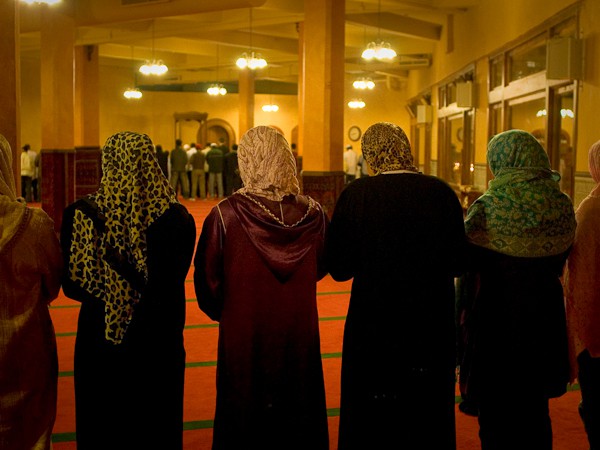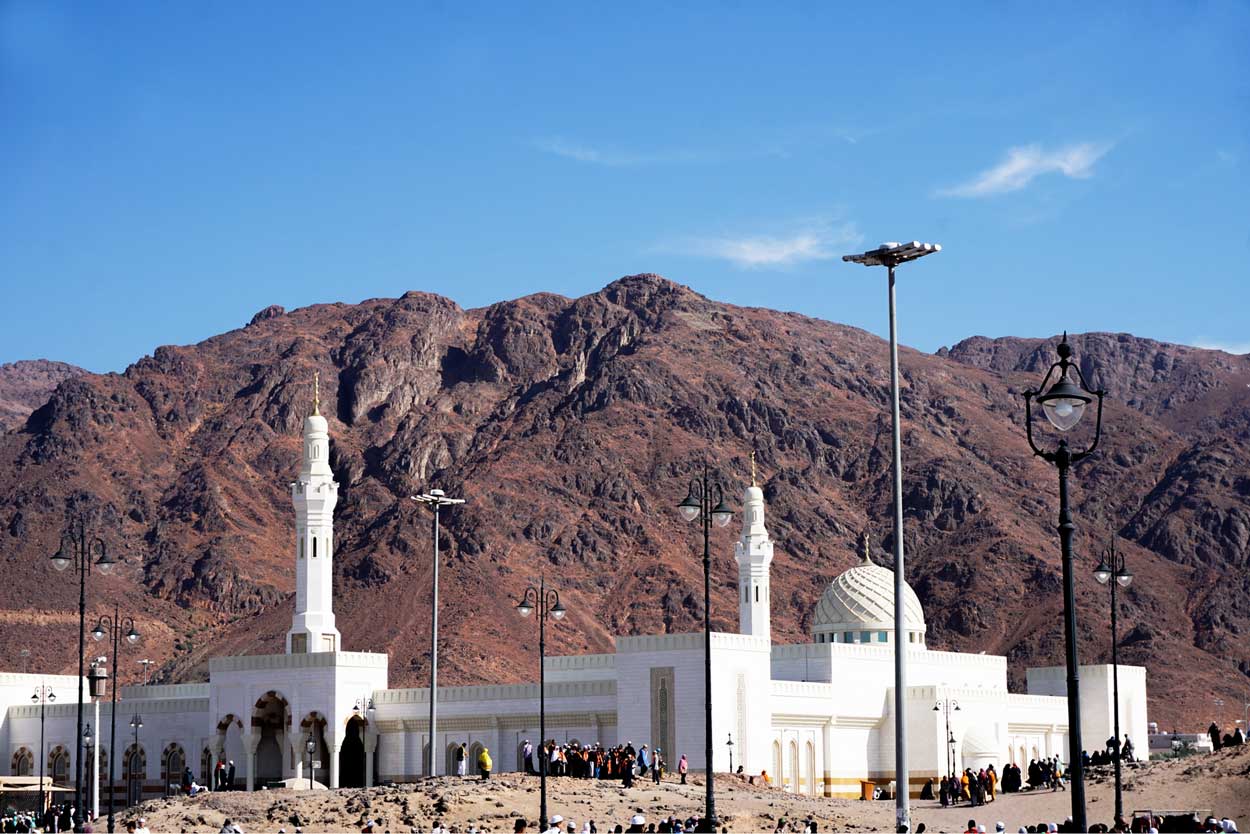Mosques are fortresses of faith and essential hubs for all things Islamic. This is especially true within majority non-Muslim societies.
A mosque should serve more than just as a place of prayer but as a community. Its role is so important that some scholars proclaim it to be haram (prohibited) for a Muslim family to settle in a place where a mosque is inaccessible to them.
So shouldn’t a mosque be a space where the next generation of Muslims swarm?
Unfortunately, many mosques fall incredibly short in opening their doors to youth. If we fear the day that mosques will become barren as many churches have in the United States, it’s time to take action.
Here is advice on how to make your mosque more welcoming to Muslim youth.
1. Adjust the culture of the mosque
{The mosques of Allah are only to be maintained by those who believe in Allah and the Last Day and establish prayer and give zakah and do not fear except Allah, for it is expected that those will be of the [rightly] guided.} (At-Tawbah 9:18]
Recently, I visited a new mosque for Jummah prayer. I entered through the front door and took off my shoes. Before taking two steps, I was immediately met by an older white-bearded man rushing toward me. He told me in Arabic that I needed to grab my shoes and head out to the back and in from the women’s entrance. All the while, a few men were watching me get kindly chastised. He then told me I could enter this way “just this once.” I felt humiliated and immediately wanted to exit the mosque. But I stayed.
Had the culture of the mosque been one of prophetic interactions, the man would’ve allowed me to make the mistake and come to me later to inform me of the women’s entrance for future reference. While the man was well-meaning, his initiative was not gentle nor welcoming.
All custodians (board, workers, volunteers) of the mosque must be trained in prophetic mannerisms. They should know the art of timing. What is the point of adhering to strict policies of the mosque if you turned someone away from the love of Allah’s house?
Another issue affecting culture are the mosque-goers themselves. Vigilante aunts/uncles may take it upon themselves to search for anything they deem inappropriate, like a young man wearing shorts or a sister whose scarf is too loose.
If these vigilantes have not learned to advise warmly and tactfully, their behavior should not be tolerated. No young person wants to enter a space where he/she is constantly criticized and humiliated for their shortcomings without any acknowledgement of their faith journey. This is not to say we should be silent about inappropriate and especially haram behaviors. It is to say we should approach with mercy.
2. Support your mosque volunteers!
So you’ve hired a youth director and assume that the problem will resolve itself. News flash… it’s not that easy.
Support your youth workers (especially when they’re volunteers). As an institution, provide financial support, offer resources (like thefyi.org and relevant program manuals), training, and realistic expectations.
Can Women Give Lectures in the Mosque?
Empower your youth workers to explore new strategies without always peering over their shoulders or shooting down their ideas. Offer them Islamic guidance and development so that they don’t get burned out or stray from prophetic tarbiyah (self-development).
If space permits, offer them a room where their work/activities can happen without interruption from curious mosque-goers. Give them space and trust and watch how far it goes.
3. Representation matters! Who is on your mosque board?
If you’re a mosque truly committed to transformation, get a young person on your board. This is a revolutionary idea that very few mosques would ever consider. But, representation matters and if done correctly, it says “we honestly care about you” to young Muslims everywhere.
4. If your mosque can afford it, build a cafe/working space!
Alternative spaces for youth are all the rage right now. While this is a pretty specific idea, I’ve seen some mosques creating cafe-like spaces where youth could do their homework/study, host brunches, and have cool events like art nights or storytelling series. Of course, not all mosques can afford this but explore a DIY solution like transforming a small empty room with some cheap finds from a local thrift shop.
5. Bring in younger khateebs for Friday sermons
There’s nothing I enjoy more during Jummuah than watching younger khateebs be given the reigns. It tells me that the mosque I’m at is invested in developing youth to be Muslim leaders. But, not all young khateebs are the same. So find younger men who are Islamically educated but also educated on community and social issues.
Avoid young men who are carbon copies of a judgmental uncle. If there is a shortage of young khateebs, start training some. Qalam Institute offers a workshop. Youtube is also helpful.
6. Start small and let it grow!
I’ve seen many a mosque board disappointed when they’re not able to reach 200 youth in their first month. Just as the Prophet (peace and blessings be upon him) began, don’t be afraid to start with a small group of dedicated young people. If your youth halaqa only has 6 regular attendees, consider it a blessing! Invest in them and then worry about strategies to pull in a larger audience.
Events that fill gaps other institutions can’t fill are also helpful. For example, all-women’s swimming, qiyam events, sports-leagues, career-fairs/college prep and engaging workshops on Muslim-specific topics can be great ways to draw young people in.
I pray that the Allah allows our mosques to be spaces of mercy from His mercy. Ameen.


